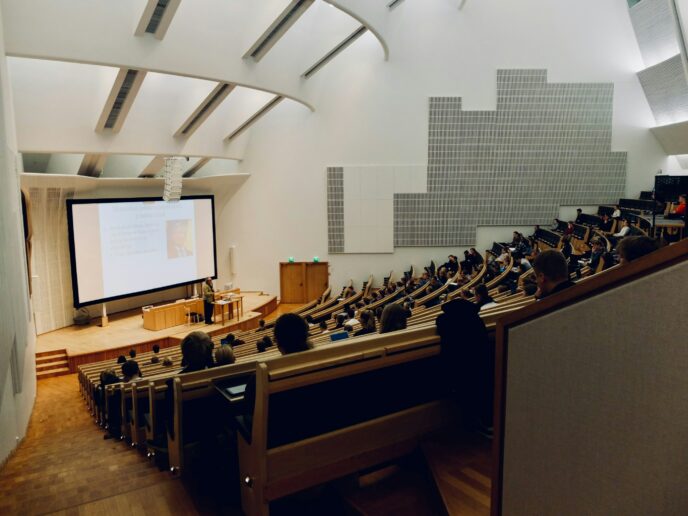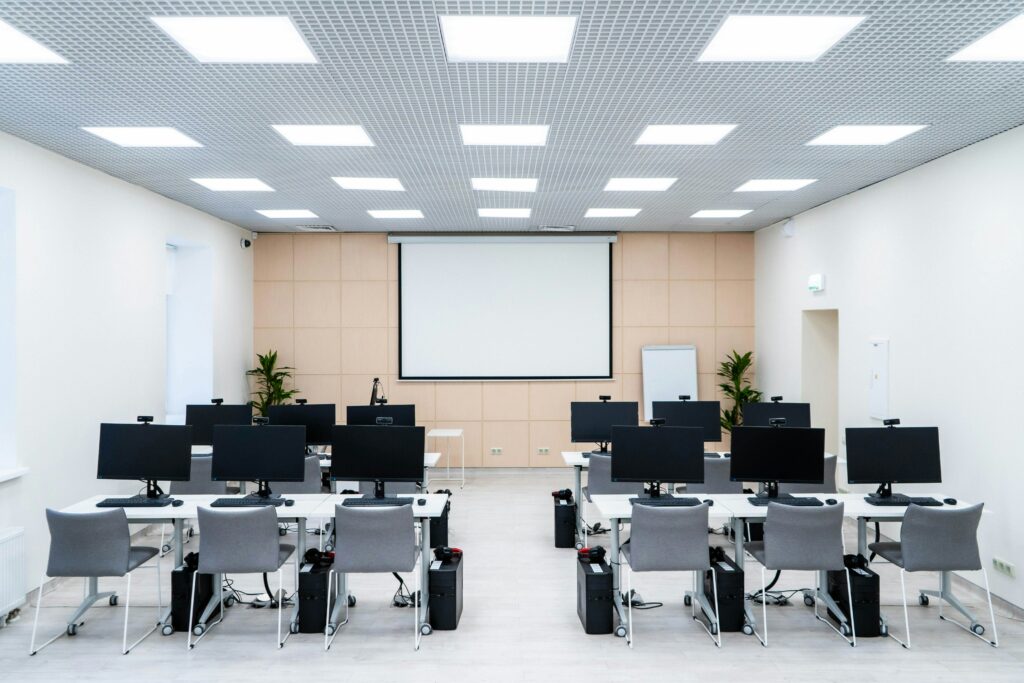Overview of Open Education
Open Education aims to offer educational resources and instructional strategies that are cost-free and customizable by users. In the current academic environment, it is vital as it promotes equality, fairness, and continuous learning.
Understanding the principles of Open Pedagogy.
Open Pedagogy emphasizes the significance of teamwork and cooperation in the realm of education. Promoting collaboration among teachers and students results in content growth, transforming traditional teaching techniques into a more interactive and comprehensive learning journey.
This approach motivates students to engage further in their academics, promoting critical thinking and improved understanding. Open Pedagogy can change the relationship between educators and learners, promoting collaboration and opening up new opportunities for engagement.
The Roles of Open Educational Resources
Open Educational Resources (OER) are resources that are free for users and used in teaching, learning, and research. This consists of books, class notes, assignments, and digital content that everyone can utilize, modify, and distribute. Having Open Educational Resources can greatly impact student engagement and academic success by reducing costs and improving access to high-quality educational materials. Students benefit from current materials, while teachers can tailor resources to meet their students’ needs effectively. Beside these, there are lots of benefits for using OER.
Explanation of Open Licensing

Open licensing enables educational resources to be used, altered, and shared without restrictions under legal guidelines. Licenses like Creative Commons aid in educational practices by allowing collaborative creation and distribution of resources without typical copyright limitations. Educators must grasp the importance of open licenses, which permit them to utilize and add to OER with certainty, guaranteeing that their content can be lawfully shared and modified by others.
Obstacles and Resolutions
Although Open Pedagogy and OER provide numerous advantages, they also encounter obstacles that may impede their implementation and impact. These difficulties encompass:
- Quality and dependability: It can be challenging to guarantee the quality and precision of open resources. Possible solutions involve creating systems for peer review and nurturing communities of practice for educators to exchange and assess resources. Financial support is necessary for the continuous development and upkeep of OER. Institutions can tackle this issue by setting aside dedicated funds for OER projects and applying for grants from open education advocates.
- Resistance to Change: Conventional educational institutions may be hesitant to embrace open practices. Advocacy and professional growth can assist educators in comprehending the advantages and practical uses of open education, leading to a gradual transformation of institutional cultures.
- Technical obstacles: Utilizing and sharing open resources can pose technical difficulties. Offering assistance and instruction to teachers can assist in addressing these obstacles and enabling the smooth incorporation of OER into instructional approaches.
Optional Videos
This video detailed describes why and how we need use OER in our daily learning.


Zhining Liu
Hi Hengtai. I agree with your understanding of open education in this blog. “Because it promotes equality, equity, and continuous learning.” You also emphasize the importance of collaborative learning, as students have more face-to-face interactions in traditional classrooms, whereas online environments require a more focused approach to collaboration and interaction between students. Group work is a great way to collaborate. I think it is also very appropriate for the challenges and solutions you have brought up. The most important thing about open learning is quality and reliability, and in open learning the privacy of our identities is public. If the resources are not reliable, then the safety of our learning is not guaranteed. So OERs must be quality and reliable. I really like your blog. Thank you for sharing.
yoki1226
Hi, I love how you have added so many videos and pictures to this blog. This way, people don’t get visually fatigued while watching and will be more than happy to keep reading. And the whole structure of the blog is very comfortable. Different categories have different content and each section has neither too much nor too little text. This can increase the amount of viewing to a certain extent. Also, thank you very much for sharing; I like it a lot.